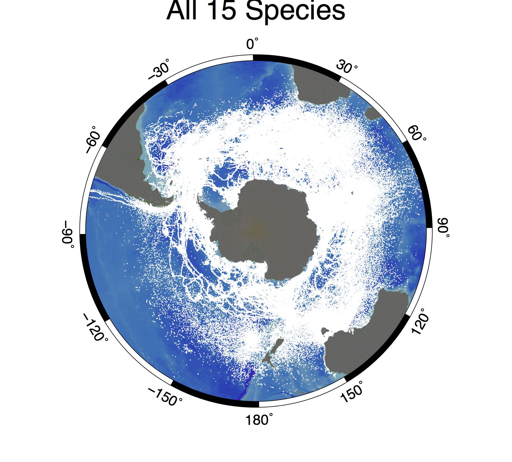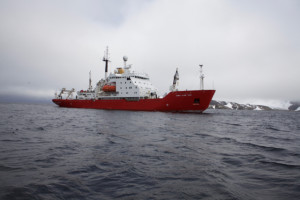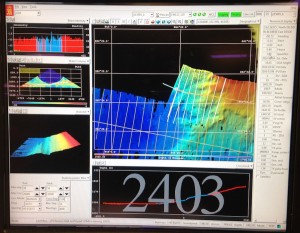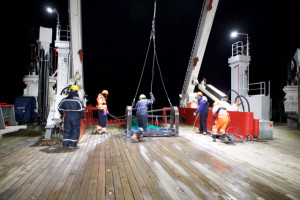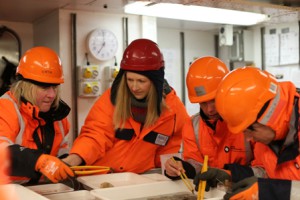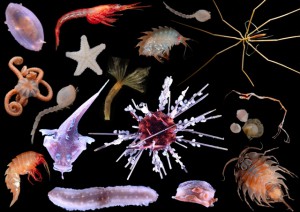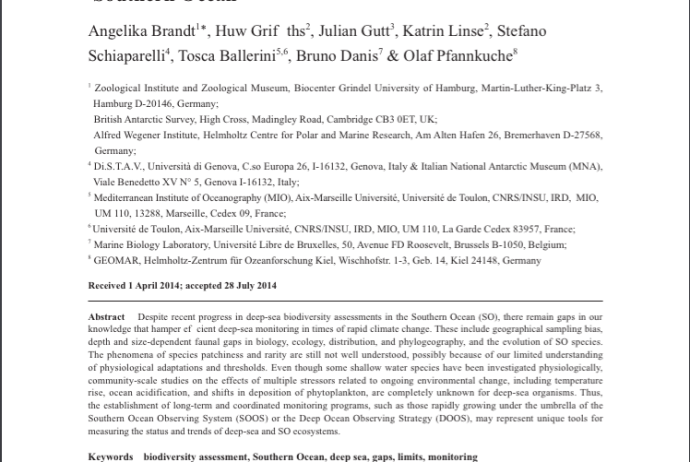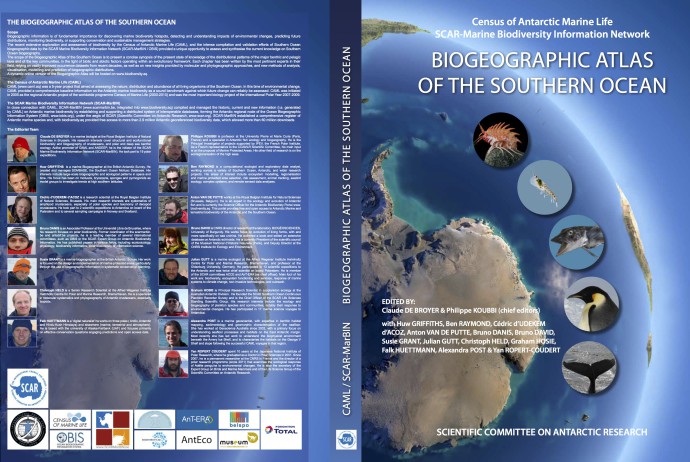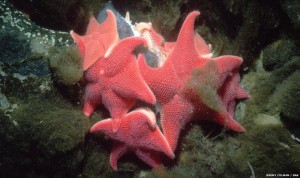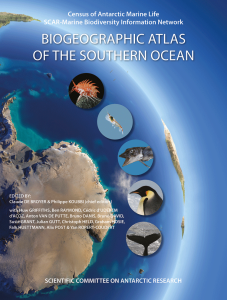This week, Bruno Danis is attending the fourth RAATD workshop, hosted at the CESAB (Center for Synthesis and Analysis of Biodiversity), in Aix-en-Provence. 10 participants from 7 countries are attending the meeting.
The Retrospective Analysis of Antarctic Tracking Data (RAATD) is a multispecies assessment of habitat use of Antarctic meso- and top predators in the Southern Ocean based on existing animal tracking data to identify Areas of Ecological Significance, i.e. regions that are important for foraging to a range of predators and which, consequently, present an important biodiversity. RAATD was initiated by the SCAR Expert Group on Birds and Marine Mammals (EG-BAMM), and provides (i) a greater understanding of fundamental ecosystem processes in the Southern Ocean, (ii) facilitate future projections of predator distributions under varying climate regimes, and (iii) provide input into spatial management planning decisions for management authorities such as the Convention on the Conservation of Antarctic Marine Living Resources. The synopsis of multi-predator tracking data will also expose potential gaps of data coverage in regions or seasons that are important but underrepresented, possibly due to biases in the spatial, temporal, or taxonomic distribution of research effort. We have collated all available tracking data by research groups that worked in the Antarctic since the 1990s. We have then establish a preliminary publicly accessible repository of these data. The final publicly available repository will only have the raw data that data holders have agreed to share and will contain data from almost 40 contributors from 12 national Antarctic programs. The dataset contains data on 17 predator species, with more than 3400 individual animals, and more than 2.5 million data points. We will also share the outputs of the project, including filtered and processed versions of these data, and habitat model outputs.

